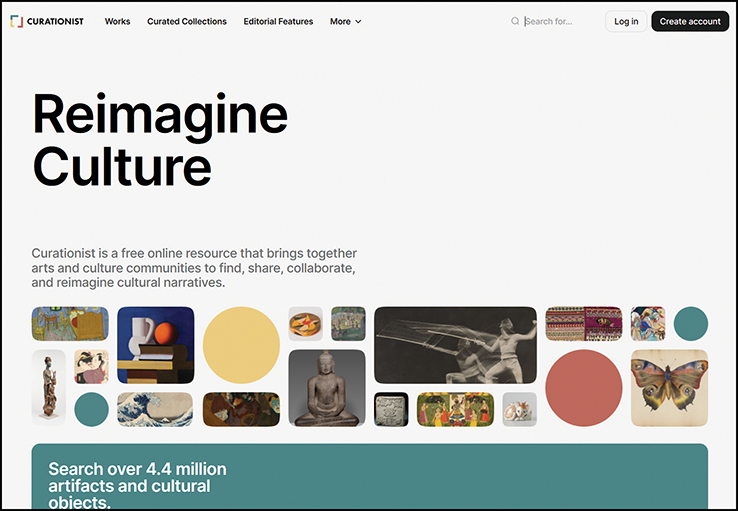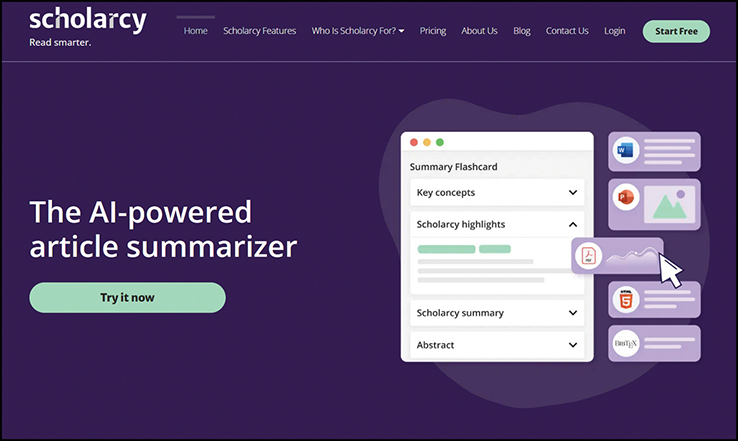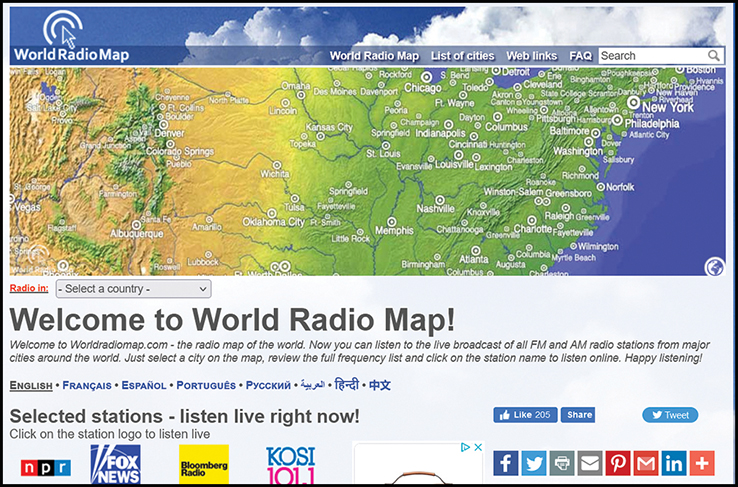LJ's Picks for Best Free Resources 2022
From broadcasting sites to legislative documents, maps, and more, LJ’s 2022 Best Free Resources covers a vast array of topics.
From summarizing and annotating tools to world radio, these sites expand the possibilities of research for students, general readers, and scholars. Do not miss our 2022 selections of Best Print Reference Works and Best Databases.
American Archive of Public Broadcasting.
A collaboration between the Library of Congress and WGBH in Boston, this resource provides unprecedented access to approximately 40,000 hours of radio and TV programs selected by more than 100 public broadcasting stations nationwide. Programs date from the 1940s to the 21st century, covering a wide range of subjects, including news, literature, education, author interviews, and more. New material, in addition to increasing numbers of programs with speech-to-text transcripts, is added regularly.

Launched by the MHz Foundation, this nonprofit project is designed to connect arts and culture communities and provide users with open access to global cultural resources. The platform features 4.4 million works from open-access collections of museums and archives and allows users to create their own collections, browse curated collections, read editorial features, and share cultural narratives. Content is added regularly, and planned features include educator-created toolkits and the ability to add metadata to works.
This data-rich platform draws upon hundreds of thousands of broadcast, print, and online news sources across the globe to create a comprehensive, high-resolution open database. The site contains a quarter-billion georeferenced records, and the underlying data is updated every 15 minutes. Users can search via simple keywords and drop-down filters to discover textual and visual narratives across world media.
A flagship project of the social enterprise Cambia, the Lens makes the most of metadata, integrating multiple identifiers and sources so that more than 225 million scholarly works, 127 million global patent records, and 370 million patent sequences can be searched, collated, and analyzed. These tools are open and free to all users, regardless of whether they register or not. The Lens is a powerful and incredibly useful tool for researchers, particularly those interested in global patent knowledge.
This free cloud-based communal repository provides a place for users to store and share data to enable citation. The site offers a federated search of open data sources, providing an opportunity to search multiple resources at the same time. Dataset metadata includes a comprehensive set of fields, including title, description, license, steps to reproduce the analyses, and more. Data is archived for permanent use.
National Conference of State Legislatures: Research and Policy.
The National Conference of State Legislatures (NCSL), a bipartisan organization serving U.S. law and policymakers, provides objective, fact- and evidence-based research across 1,400-plus issue areas, including agriculture, budget and taxes, education, health care, immigration, and more. The intuitive interface on their site ensures that users can access up-to-date information on pending legislation and new research resources. Results can be refined by topic, policy type, date, availability of databases, graphics, maps, tables, and more.
Geared toward teachers, students, and researchers, this open-source search engine for scientific knowledge provides users with a visual map of their results, making it easier to identify relevant content and concepts. Knowledge maps group the search results into main areas and display documents related to each area. Relevance ranking is provided by either PubMed API or BASE API, depending on user preference.

Designed for scholars, researchers, librarians, and students, this site provides users with a robust suite of tools for summarizing and annotating articles. Though paid options are available, the free version offers access to three article summaries per day. After uploading articles or inputting an open access DOI, users are presented with a list of key points, an easy-to-read synopsis, a longer summary, an overview of connected research, and links to other resources.
This wide-ranging ready reference tool provides access to a phenomenal amount of data and information through simple factual searches. Users can employ natural language or math input when entering specific queries. Topical browsing is also supported across a huge range of areas, including mathematics, science and technology, society and culture, and aspects of everyday life. These topics are further divided into subtopics, inviting exploration. This highly engaging resource makes systematic information accessible and fun.

Listing AM/FM radio stations by their broadcasting frequencies, this site allows users to tune in from their computer or mobile device. Station choices range across the world, including Chicago, Shanghai, Delhi, Kingston, and many more. Users can select cities from a map or from a comprehensive list. Radio stations stream in a variety of formats, including WMA, MP3, and RealAudio. Occasionally, users may need to enable Adobe Flash Player or JavaScript.
ALREADY A SUBSCRIBER? LOG IN
We are currently offering this content for free. Sign up now to activate your personal profile, where you can save articles for future viewing









Add Comment :-
Comment Policy:
Comment should not be empty !!!